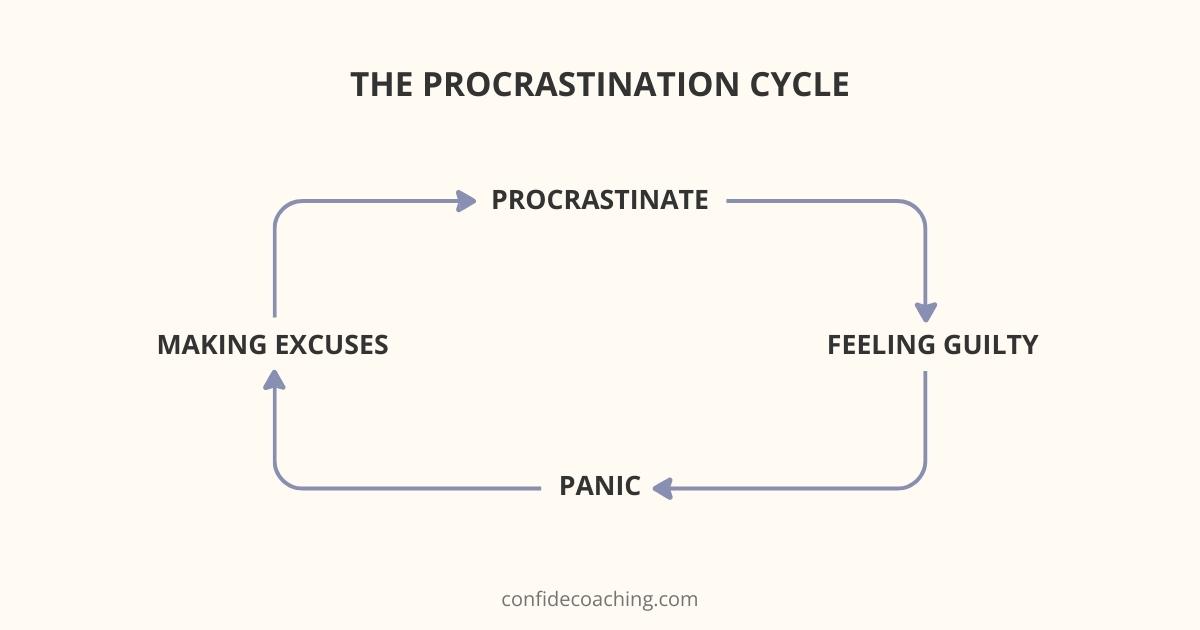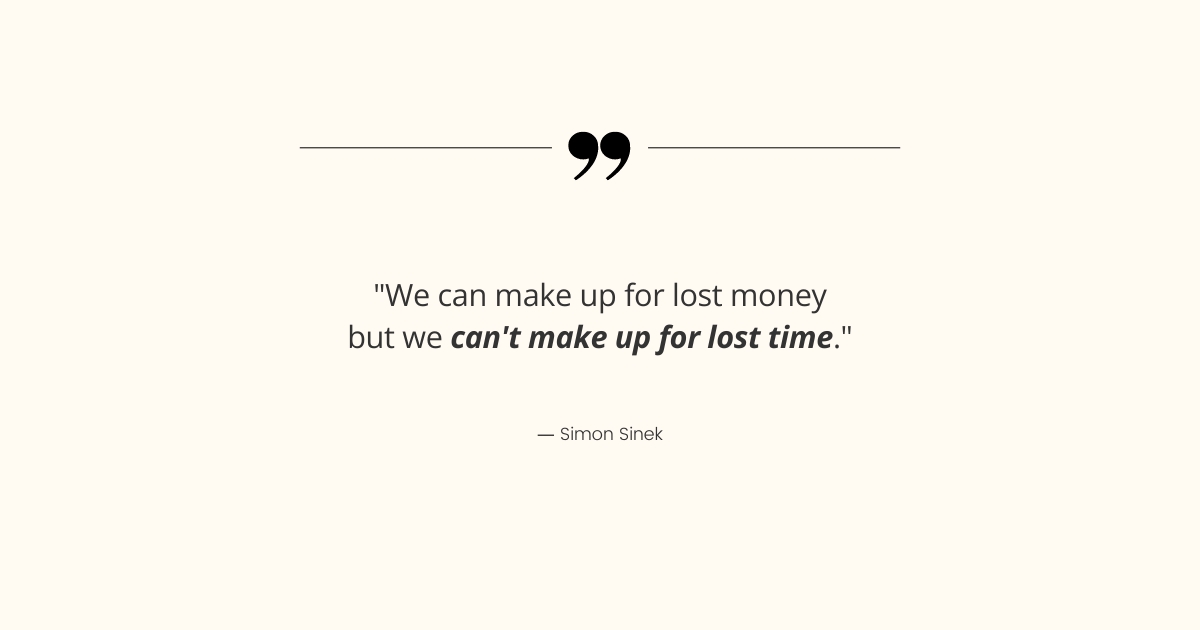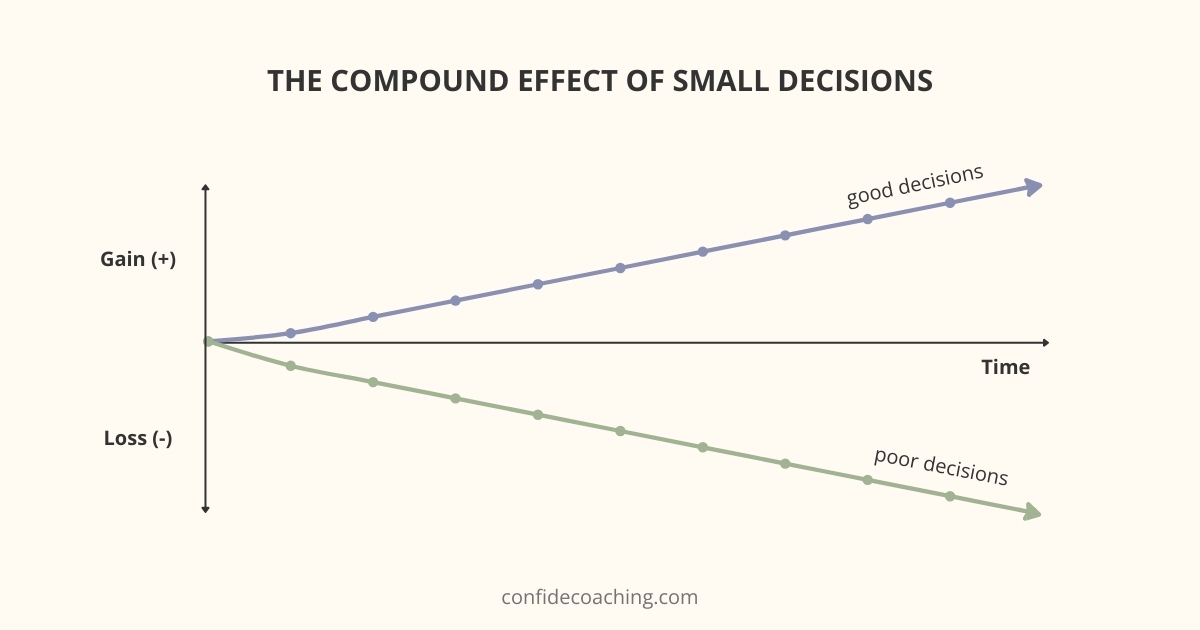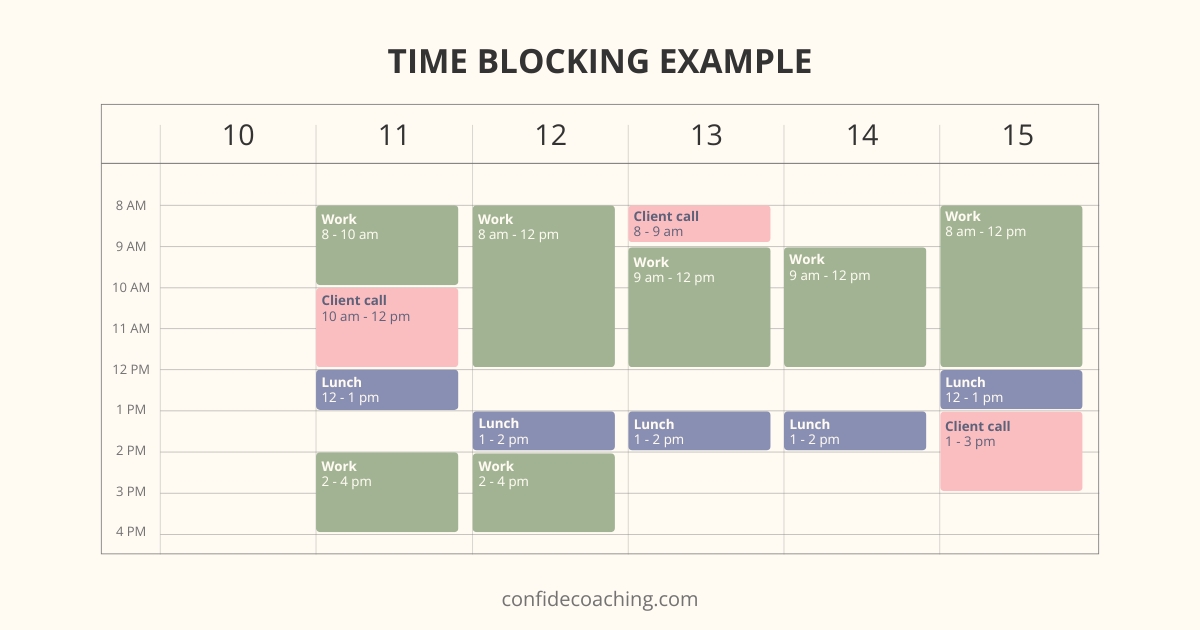
Just as I was turning 50, a book called “Outlive: The Science and Art of Longevity” by the now-famous Dr. Peter Attia caught my eye (Attia, 2023). Like many of you who are approaching or have crossed this symbolic midpoint in life, I was eager to learn about strategies that could ensure a long and healthy future. The book did not disappoint. Dr. Attia not only presented the latest scientific insights into health and longevity but also delivered a shocking revelation: what I was doing today might not be enough to realize my vision of being a healthy and active 80-year-old.
Many of us hold an image of our retired years as a time filled with travel, hobbies, perhaps even second careers, and plenty of quality time with family and friends. But let me pose this question: If we aren’t doing the things that make us healthy and vibrant at 40 or 50 years old, how do we expect to magically transform into healthy, active 60, 70, or 80-year-olds?
If we delay taking the necessary actions now, waiting for more time, for the business to grow bigger, or for the kids to leave for college—whatever temporary disruptions we see as obstacles to prioritizing health—we won’t have the foundation needed to achieve that vision of a healthy, active future.
Being in middle age means we might be catching the last train before it becomes too late and the loss of muscle strength and function Dr. Attia warns us of becomes inevitable.
Understanding the Middle-Aged Mindset
In middle age, we often find ourselves at a crossroads where the demands of a thriving career and a busy family life take precedence over our health. This stage of life can feel like a balancing act, where professional achievements and family responsibilities dominate our time and energy. The pursuit of career success often means long hours at the office, managing teams, meeting deadlines, and constantly striving for the next promotion or business milestone. At the same time, family life demands our attention—whether it’s raising children, supporting a spouse, or caring for aging parents. These responsibilities are rewarding but can also be all-consuming.
For many of us, this phase of life is typically marked by a strong focus on external accomplishments. We measure our success by the growth of our careers and the happiness of our families, often neglecting our own well-being in the process. Health, unfortunately, becomes a secondary concern, relegated to the background until more immediate tasks have been completed. Exercise routines, balanced diets, and regular medical check-ups are frequently postponed in favor of work commitments or family obligations.
The irony is that while we strive to provide for our families and achieve professional goals, neglecting our health undermines our ability to sustain these efforts in the long term. The stress of juggling multiple roles without adequate self-care can lead to burnout, chronic illnesses, and decreased productivity (Seligman, 2011). It’s a paradox where the very responsibilities that we prioritize over our health can be compromised by our deteriorating well-being.
In this context, health is often viewed as a luxury rather than a necessity—something to be attended to when we have more time or fewer obligations. However, this approach is short-sighted. The cumulative effects of neglecting health in middle age can lead to significant problems down the line, making it even harder to fulfill professional and personal responsibilities.
The Inner Dialogue of Procrastination
Every time we delay taking action on something we know we should be doing, an inner dialogue takes place. This dialogue is often a conversation between our rational mind, which understands the importance of the task, and our emotional mind, which seeks immediate comfort or avoidance of discomfort. This internal conflict can be quite powerful and is a significant factor in why we procrastinate (Prochaska & DiClemente, 1983).
Our rational mind comprehends the benefits of taking action. It recognizes the long-term gains and the importance of the task at hand. For example, it knows that regular exercise and a healthy diet are crucial for long-term health and well-being. In contrast, our emotional mind is driven by immediate gratification and comfort. It tends to focus on the short-term discomfort or effort required to complete the task. It might say, “I’m too tired to exercise today,” or “I’ll start eating healthy next week, I don’t want to be wasting the food I have in the fridge.”

This internal conversation often results in justifications, minimizations, and feelings of guilt and anxiety. We come up with reasons why now is not the right time, downplay the importance of immediate action, or feel guilty about procrastinating. Over time, this thinking solidifies and creates many false beliefs that sabotage our health goals.
False Beliefs That Sabotage Our Health Goals
Believing We Are Being Selfish in Taking Time for Ourselves
Many of us struggle with the belief that prioritizing our health is a selfish act. This mindset often stems from the pressure to meet the needs of others—whether it be family, friends, or colleagues. The idea of taking time out for exercise, relaxation, or even medical appointments can feel self-indulgent when there are so many other responsibilities to juggle. This belief can be particularly strong in those of us who have spent years putting others first and may feel guilty about redirecting some of our focus toward our own well-being.
Believing We Will Embarrass Ourselves
Another common unhelpful belief is the fear of embarrassment. This can manifest in various ways, such as anxiety about going to the gym and not knowing how to use the equipment, or feeling self-conscious about participating in fitness classes. This fear can be paralyzing, preventing us from even starting on our health journey. The thought of looking out of place or not meeting perceived standards of fitness can deter many of us from taking the first step toward improving our health.
Believing We Are Too Busy to Make Time for Health
The belief that we are too busy to prioritize health is pervasive. With packed schedules, it can seem impossible to carve out time for exercise, meal planning, or even a quick walk. This mindset is reinforced by the constant pressure to be productive and efficient in every other aspect of life. The idea of adding yet another commitment can feel overwhelming, leading us to rationalize that health can wait until things calm down—something that often never happens (Duhigg, 2014).
Believing That Minor Health Issues Are Normal and Can Be Ignored
Many of us believe that minor health issues, such as occasional pain or fatigue, are normal and can be ignored. This mindset leads us to downplay symptoms and avoid seeking medical advice until problems become more severe. This belief is dangerous because it allows minor issues to escalate into major health concerns that could have been prevented with earlier intervention.
Believing We Can Make Up for Lost Time Later
There’s a common belief that we can always make up for lost time later. This mindset leads to procrastination and the false assurance that we can catch up on our health goals once our lives are less busy. However, the reality is that delaying health actions can lead to irreversible consequences, and the older we get, the harder it becomes to reverse the damage caused by neglect.

Believing That Health Is Only Important When Problems Arise
Some of us believe that health is only something to worry about when problems arise. This reactive approach to health means that preventive measures are often neglected. By the time issues are noticeable, it may be too late to take simple steps to address them. This belief undermines the importance of proactive health management and regular maintenance to prevent issues from developing.
Believing We Can’t Afford to Prioritize Health
Financial concerns can also lead us to believe that we can’t afford to prioritize health. Gym memberships, fresh whole foods, and wellness programs can seem like luxuries rather than necessities. This belief can prevent us from seeking out affordable or free options that support our health, such as community exercise programs, home workouts, and healthy eating on a budget.
Believing That Change Is Too Difficult or Unpleasant
Change can be intimidating, and the belief that making health changes is too difficult or unpleasant can be a significant barrier. This mindset focuses on the discomfort associated with new habits rather than the long-term benefits. Overcoming this belief requires a shift in focus from the immediate challenges to the positive outcomes of healthier living (Duckworth, 2016).
Creating a Future with Minimal Regret
Operating from a mindset of self-sabotaging beliefs we often overlook how the decisions we make today actively shape our future. Every action, or lack thereof, sets the course for our lives, for better or worse. The inner dialogue of procrastination and the false beliefs we hold can steer us away from the future we hope for. Here is how we can correct these damaging thinking patterns so that Future Us doesn’t look back with regret.
The Power of Present Choices
Every decision we make, from choosing to exercise to opting for a healthy meal, contributes to our long-term well-being. These choices, although they might seem small and insignificant in the moment, accumulate over time to create substantial changes in our health. By making health a priority today, we are investing in a future where we can enjoy our later years to the fullest—traveling, engaging in hobbies, and spending quality time with loved ones without the limitations of poor health.
To help you make better choices, identify a person who embodies the image of health you aspire to achieve, whether it’s a family member, friend, public figure, or even the future you. When faced with a choice, ask yourself, “What would this person do if they were in my place?” This simple question can guide you towards making decisions that align with your health goals and inspire you to adopt the habits and mindset of someone you admire.

Avoiding the Trap of Regret
Regret often stems from missed opportunities and unfulfilled potential. In terms of health, this can mean looking back and wishing we had taken better care of ourselves when we had the chance. The pain of regret is not just emotional but can also manifest physically in the form of chronic illnesses, decreased mobility, and other health issues that could have been prevented.
To avoid this trap, take action now. Start by making one small, positive change today, such as taking a brisk walk, choosing a healthy meal, or scheduling a wellness check-up. Each small step builds momentum and leads to greater health benefits over time (Fogg, 2020). Don’t wait for the perfect moment; begin your journey to better health now, and Future You will thank you.
Embracing a Health-First Mindset
Shifting to a health-first mindset requires a conscious effort to challenge and change the false beliefs that hold us back. Recognize that taking time for yourself is not selfish but necessary. Overcome the fear of embarrassment by finding activities you enjoy, and make gradual, sustainable changes. Understand that you are never too busy to take care of your health and that minor health issues should not be ignored.
Here are some practical tools and suggestions to help you develop a health-first mindset:
Time Blocking: Schedule dedicated time for health activities, like exercise, meal planning, or relaxation, just as you would for important meetings or appointments. A meeting with yourself should always be one of your top priorities.

Reflect on Your Why: Regularly remind yourself why prioritizing health is important to you. Visualize the future you want and how today’s actions will help you achieve it.
Create a Supportive Environment: Surround yourself with people and environments that support your health goals. Remove or minimize triggers that lead to unhealthy choices. For example, stock up on healthy snacks, remove or make junk food less accessible, and find a workout buddy who encourages you to stay active.
By consistently making health a priority, you can cultivate a mindset that values and prioritizes your well-being, paving the way for a healthier, happier future, so you can look back at today’s choices with pride and gratitude, knowing that you did everything you could to live your best life.
Key Takeaways
- Stop Waiting for the Perfect Time, Start Today. One of the biggest hurdles in prioritizing health is waiting for the “perfect” time to start. The truth is, there will never be a perfect time. Life will always be busy, and there will always be distractions. The key is to start today, no matter how small the step. Begin with a short walk, a healthy meal, or a quick meditation session. Starting today sets the momentum for lasting change.
- Become Aware of How Often You Put Others First and the Impact This Has on Your Future Self. Many of us have a tendency to prioritize others’ needs over our own. While it is important to support loved ones, constantly putting others first can take a toll on our health. Reflect on how this habit affects your future self. Learn to create healthy boundaries that allow you to take care of yourself while still being there for others. It’s about finding a balance that ensures your well-being without neglecting your responsibilities.
- Take Action Even if You Don’t Have a Perfect Plan for Execution. Waiting for a perfect plan goes hand in hand with waiting for the perfect time. Take action even if your plan isn’t perfect. Simplify and start small. Begin with achievable goals like drinking more water, taking the stairs, or incorporating more fruits and vegetables into your diet. Small, consistent actions are more effective than grand plans that never materialize. Taking action often leads to clarity as you begin to identify what works and what doesn’t work for you.
- Acknowledge That Discomfort Is Part of the Process. Developing new habits and skills involves discomfort. It’s a natural part of the process. Embrace the discomfort with a beginner’s mindset, understanding that growth comes from pushing through challenges. Each time you face discomfort, remind yourself that you are building resilience and creating positive change in your life.
Embrace the Journey
Remember, every small step you take today in the right direction is an investment in a healthier, more fulfilling future. Embrace the journey with all its challenges and triumphs. Nothing in life is a straight line; in fact, the pulse of life is marked by constant ups and downs. Start now, be patient with yourself, and if you take a wrong turn, like a GPS, find your way back. Your future self will thank you for the choices you make today.

Paul Strobl, MBA, CPC
Owner of Confide Coaching, LLC
Paul is a Master Life Coach for GenX and GenY executives and business owners. Originally from Houston, Texas, he has been location independent for most of his adult life. He currently resides in the Rhodope Mountains of Bulgaria near the Greek border with his brilliant wife, 14-year-old stepson (officially adopted in 2021!) and a Posavac Hound rescue.
References
Attia, P. (2023). Outlive: The Science and Art of Longevity. Harmony.
Prochaska, J. O., & DiClemente, C. C. (1983). Stages and Processes of Self-Change of Smoking: Toward an Integrative Model of Change. Journal of Consulting and Clinical Psychology, 51(3), 390–395. https://doi.org/10.1037/0022-006X.51.3.390
Seligman, M. E. P. (2011). Flourish: A Visionary New Understanding of Happiness and Well-Being. Free Press.
Duhigg, C. (2014). The Power of Habit: Why We Do What We Do in Life and Business. Random House Trade Paperbacks.
Fogg, B. J. (2020). Tiny Habits: The Small Changes That Change Everything. Harvest
Duckworth, A. (2016). Grit: The Power of Passion and Perseverance. Scribner.

